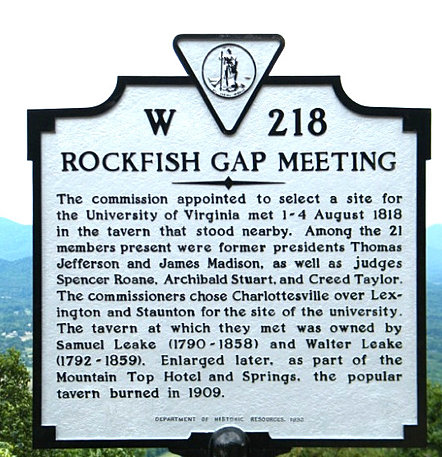Thomas Jefferson did not have a specific framework on the governance of the university. Jefferson undoubtedly considered autonomy as the core bureaucracy, particularly from students of the University. This form of governance is indubitably evident at UVA today, as it was 199 years ago. Undeniably, reexamination and revitalization are requisite and key factors in any system of government, which allow it to operate efficiently and to its fullest potential. Society and culture are inevitably modifying everyday, therefore obligations and beliefs of the University and its students are also endlessly changing. We, students and parents, tend to pick-and-choose when and when not we want the University to act as a parental figure, which would contradict what the University embodies, self-governance. Jefferson however offers the idea of “deportment between father and son”, implying that professors should interact with their students in a respectful, yet friendly manner, as they would with their own child, however, not to the extend of serving as a parent and withholding responsibility over the student’s behavior or decisions. In this day and age, students call professors by their first name and participate in activities that are normally reserved to friends or family, like going to their home, fishing together or even grabbing lunch together. Therefore, as self-governance is reexamined and revitalized, so are the are the attitudes of students towards the norms of professor and student relationships and self-behavior.

